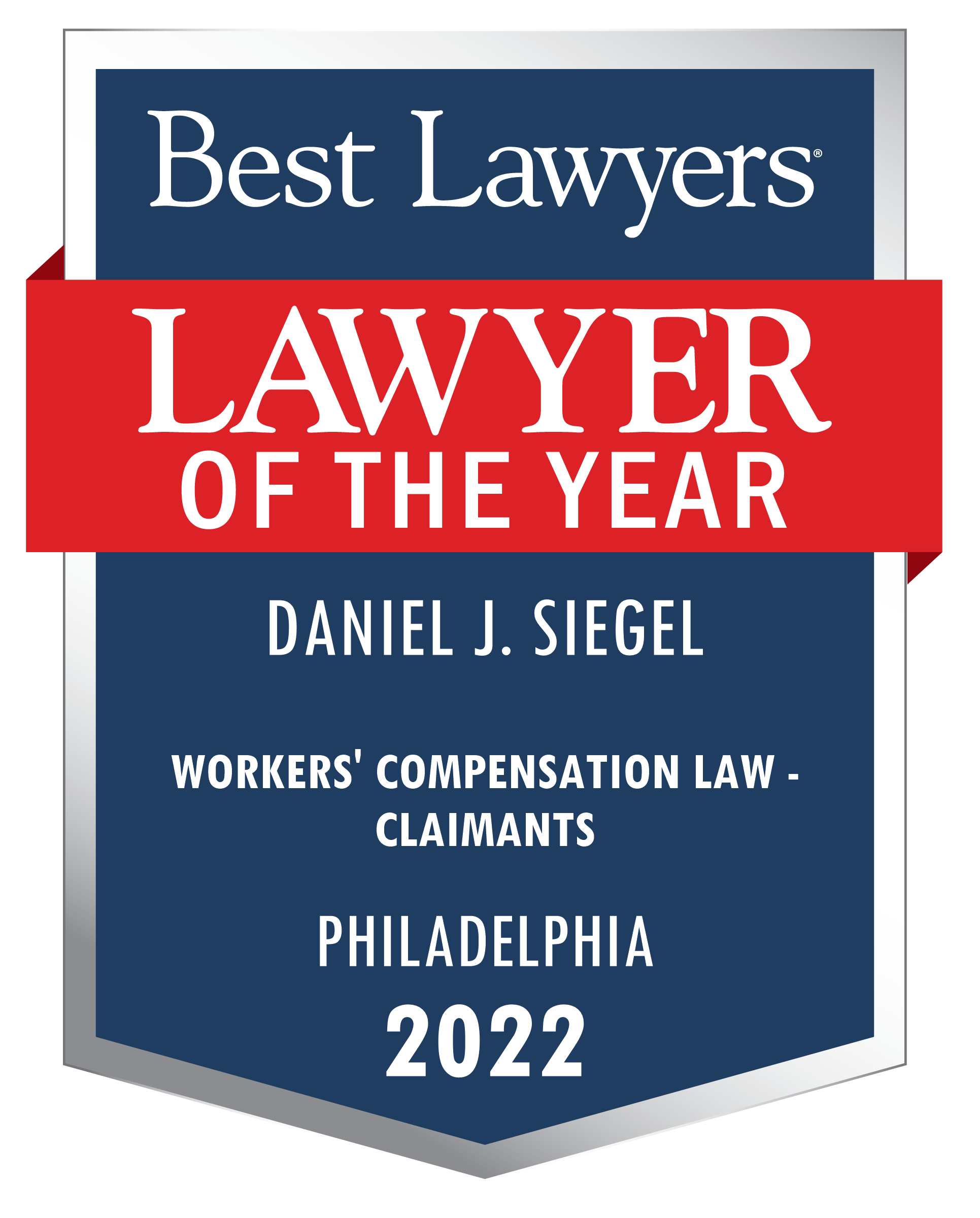Commonwealth Court Again Smacks UEGF
As we reported, in an earlier decision, the Commonwealth Court refused to countenance the delaying tactics and other excuses so common when the Uninsured Employers Guaranty Fund is a party in proceedings under the Pennsylvania Workers’ Compensation Act. On April 7, 2014, in Pa. Uninsured Employers Guaranty Fund v. WCAB, the Commonwealth Court again refused to allow the UEGF to disregard the plain language of the Workers’ Compensation and the sections of the Pa. Code enabling it. The case offers little in the way of new law, but it affirms that parties must follow the rules, join additional parties in a timely manner, and that the various excuses that UEGF forces its lawyers to use are of no moment. Thus, in this case, the Court affirmed the dismissal of two untimely joinder petitions as well as the other arguments raised by UEGF.
The Court’s final paragraphs – we hope – send a message to the UEGF that while everyone recognizes its difficult financial situation, the Rules are the Rules, and the Act is the Act. As Judge McCullough noted:
“UEGF emphasizes that it is not an insurer. However, although the Act states that UEGF is not an insurer and exempts the fund from being subject to penalties, unreasonable contest fees, and certain reporting requirements, it expressly provides that the “fund shall have all of the same rights, duties, responsibilities and obligations as an insurer.” 77 P.S. §2702(e) (emphasis added). Moreover, although not an insurer, UEGF was a party to these proceedings, 34 Pa. Code § 131.5, not a bystander. And while UEGF urges this Court to be mindful that “it is not the entity in control of the [relevant] evidence” in this case, (UEGF brief at 27), at issue is UEGF’s obligation to seek such evidence, not produce it.
“UEGF also refers to its funding sources, namely yearly assessments on insured employers and money transferred from the Workers’ Compensation Administration Fund, and stresses its “unique role and obligations”; however, we must conclude that it is the obligation of UEGF, not this Court, to conserve UEGF’s resources. We reject the suggestion that where UEGF fails to pursue its rights in a timely manner, the property remedy is for this Court to disregard the policies underlying joinder practice and the twenty-day limit set forth in §131.36(d).”
We have seen this situation again and again, and hope that the UEGF understands that, while it views its situation as precarious, so did the injured worker in this case. As the Court noted, early on in the case, “The WCJ stated that he did not want the case to drag out given that Claimant was homeless.” Workers have rights also.
, who found himself homeless.







